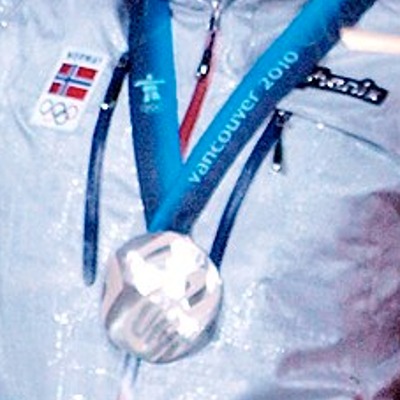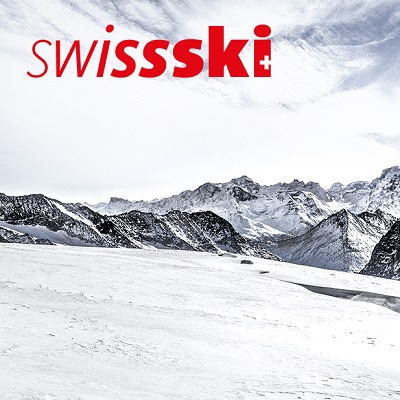Winter Park Resort Partners With Native Skiers,

Winter Park Resort has unveiled a new art installation in partnership with Native and Indigenous artists, skiers, riders, and outdoor stewards. The project was developed after four years of discussions, designs, and collaboration on ways to raise awareness of Winter Park’s sense of place, original Native and Indigenous heritage, and snow’s vital importance that extends far beyond recreation.
Winter Park Resort partnered with NativesOutdoors, a Native-owned athletic and creative collective, to identify artists and Indigenous views to guide the project.
The project is named There Is Snow On The Ground, which is the English translation of the Arapaho word “heniiniini’ (pronounced hee nee nee neh).” Comprised of four separate elements, the multifaceted installation tells the story of snow and acts as a catalyst for critical conversations on water, recreation, and land. The four components are: 1. a focal piece installed in front of Sunspot Mountaintop Lodge, 2. a redesign of the Winter Park snow stake, 3. redesigns of Eagle Wind trail signs, and 4. the addition of Native and Indigenous perspectives to historical trail markers.
The focal piece showcases four mountain outlines – Longs Peak, Mount Blue Sky, Byers Peak, and Parry Peak – a nod to prominent peaks to the north, south, west, and east of Winter Park. Those peaks are part of the watersheds that collect melting snowpack each spring and provide life-sustaining resources to ecosystems and communities for hundreds of miles downstream. The piece also incorporates the outline of a river winding down from the peaks to nourish a garden bed that will house native plant species in the summer. The word “heniiniini’” is boldly displayed with a pattern created by artists Jordan Craig, Tesuque Pueblo/Diné/Southern Ute, and Vernan Kee, Diné/Navajo and visual art director for NativesOutdoors.
The structure exists to remind us of the role snow plays in our lives, cultures, and ecosystems. The use of the word “heniiniini’” embeds the Arapaho language into the project and serves to honor the longstanding relationships Indigenous peoples have had with the landscape long before it was called Winter Park. It is the hope of the artists and the resort that this installation sparks conversations about surrounding landscapes and the role we all play in them.
To complement the main piece, the Winter Park snow stake has been redesigned to include the same four mountain outlines as well patterns created by Native artists. The purpose of the snow stake is to measure daily snow accumulation throughout the year. The other two components of the project, the trail signs and historical markers, are still works in progress.
“Snow on the ground here at Winter Park is important for much more than just fun and recreation. Snow on the ground creates a vital resource — water — for communities and millions of people downstream. There Is Snow On The Ground is a project that will hopefully make people stop and think about the intersection of snow, water, recreation, heritage and history, and sense-of-place here at Winter Park, and join in our collective effort to steward this amazing mountain community,” said Sky Foulkes, president of Winter Park Resort.
“Native nations and people have deep roots when it comes to connecting with the land and water and all the natural resources they provide. It’s been embedded in our culture for centuries and continues to this day. For Native people, skiing can be a space for that connection and to experience the joy with these elements that have always been a part of our cultures,” said Connor Ryan, Lakota professional skier, filmmaker and Winter Park ambassador.
In 2021 Winter Park published a statement that acknowledged the resort was on historical and ancestral Native and Indigenous land. While the land acknowledgment was a foundational step toward recognizing the role Native and Indigenous people play in our past, present and future connection to the land and water, There Is Snow On The Ground builds on that and deepens the resort’s commitment to keeping access open to all people, regardless of gender, ancestral background, race, ethnicity, or religion.













